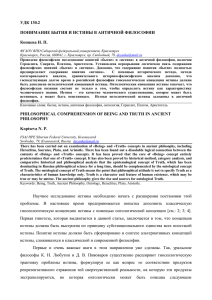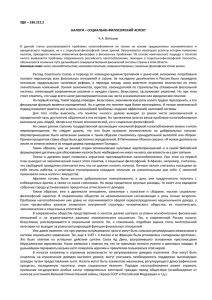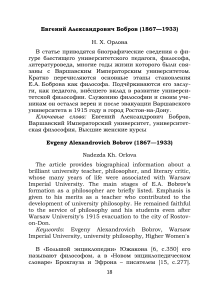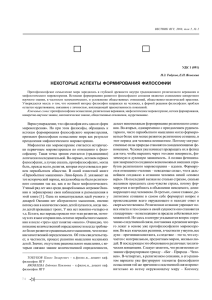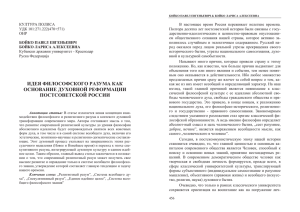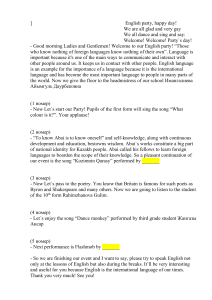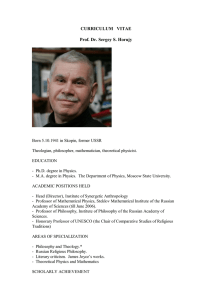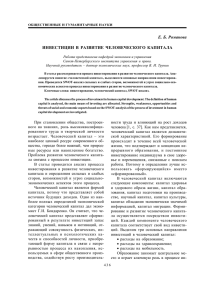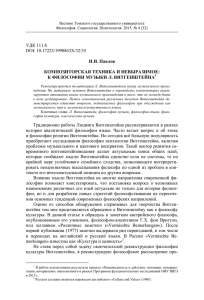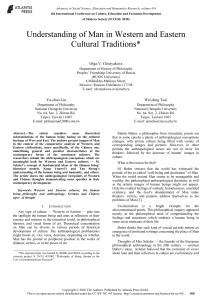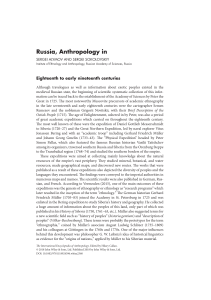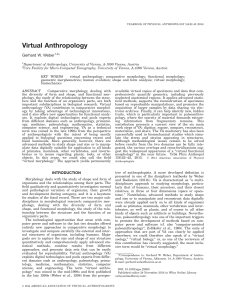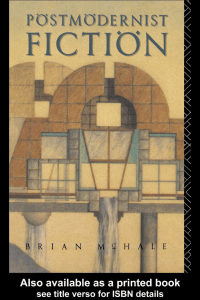. . , . –
advertisement
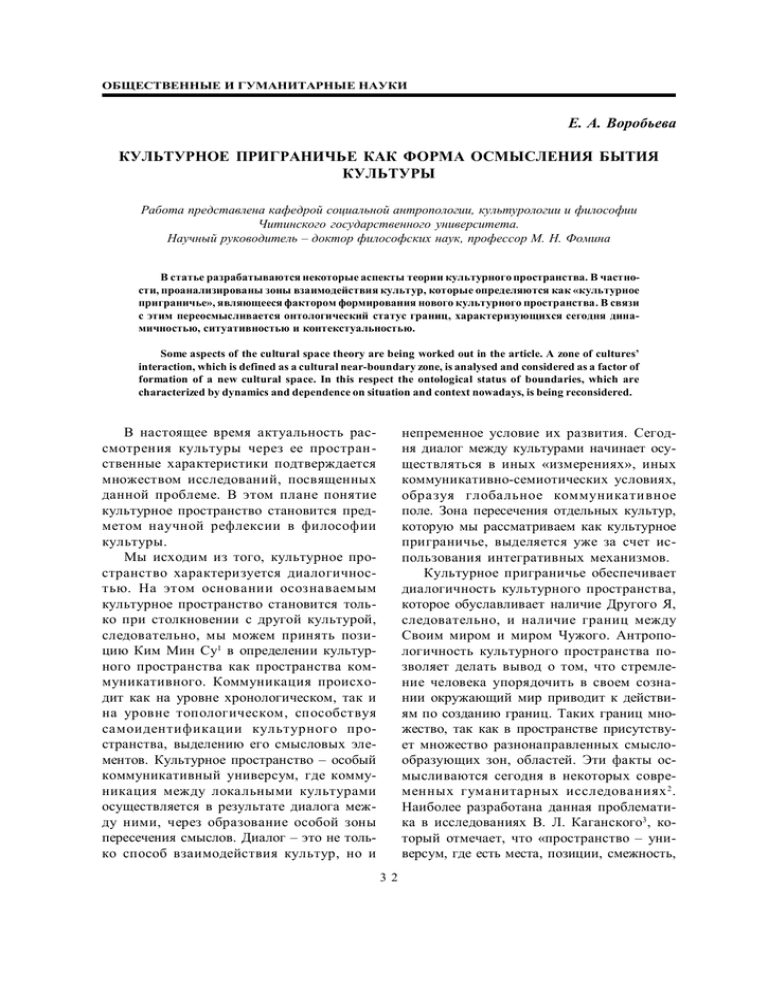
. . , . – , . . . , , - « », . , , - . Some aspects of the cultural space theory are being worked out in the article. A zone of cultures’ interaction, which is defined as a cultural near-boundary zone, is analysed and considered as a factor of formation of a new cultural space. In this respect the ontological status of boundaries, which are characterized by dynamics and dependence on situation and context nowadays, is being reconsidered. - . « - », , , . - . , . , , - - . . , , , - , 1 . , . , , , . - , . , – , , . - , . – - , , , 32 . « , 3 . – , , 2 . , , , , , , , ». - 4 , - , . , » « , : « » . . – , . , , - 7 , - , . , – , , , , « » , , , . , - , , , , - . - . , , , . , . - . , - , , 5 ; « » « - ». , , » . , , 8 . . . , , , : ( . - . . ( ) . , ). - , , . , , . , ( . . , « », , , , . 6 . , . , , - , . , , - , – ). . - . 33 , 9 , « , , . , - , – », « , » – « ». - , »11 . . , , . - , « , » , « 12 » . - . , - , , ( , , , , , ). , - . , . , . « , , , - – , , . , , / - »10 . , , , . , . . . - , , , . . 1 . 2 . . , 2004. . : : , 2001; ): . . . . . .… . .: . - « , 2004; « ) // . . ( ( . . . … .: . . . . . / » , - , . 34 . » . 1991. // 1; . - . . 3 . . : , 2001; . . . .: . . , 1982; , 1985; . // . . 1. . 704. // : // - . 4 . . 1999. : . I. 3. .: . ., 2001. , 2005. 2. , 2000. . // . .: . « » 19–21 9 // - . . . .: – // . . 8 . II. , 1996; . . . . // , 1987; . . 6 . , 1995; . // , 1998; : // 7 : .: . 5 . : . . . . . 2000. , 2000 . : // . . 1. .: - .1995. 10 . I. // . 1999. ]. : http// 3. 11 . . anthropology.ru/ru/texts/gurin/marigin/html, 12 . . . . [ . . . . – . . . . , . . . - . . . . . . The problems of self-knowledge in G. Skovoroda’s philosophical works are covered in the paper. The analysis of the philosopher’s works shows the movement from the Christian consciousness to understanding the person and the world. The way to the knowledge of life is considered by the philosopher first of all through the attitude to himself. In G. Skovoroda’s opinion, the self-knowledge is a source of wisdom and the beginning of the moral perfection of one’s life. The value of G. Skovoroda’s doctrine on self-knowledge is shown in the paper. . – . , - 35
